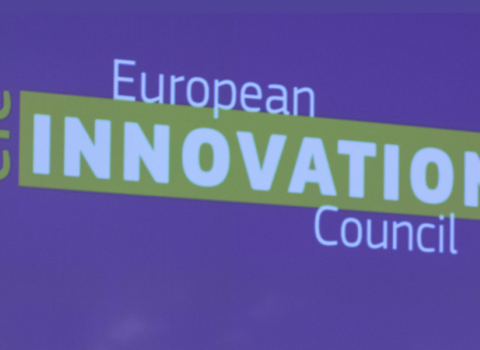
However, increases were observed among some major users of the system, notably European Union countries, which registered 3.1 per cent more trademarks, Japan up 2.7 per cent, South Korea up 33.9 per cent, Singapore 20.5 per cent, Croatia 17.5 per cent and Hungary 14.5 per cent.
WIPO received 35,195 international applications under the 84-member Madrid system compared to 42,075 in 2008. Similarly, international trademark registrations were down 12 per cent on 2008 with a total 35,925 international registrations in 2009. As WIPO noted, trademark registrations reflect the introduction of new products and services to the market and are sensitive to business cycles.
The comparatively smaller fall of 1.2 per cent in the renewal of international trademark registrations, compared to 2008, reflects the value of established brands at a time when consumers opt for goods that are tried and trusted. In 2009, 19,234 international trademark renewals were recorded.
“International trademark filings took a hit in 2009,” said WIPO Director General Francis Gurry. “This is not surprising given the difficult financial conditions and restrained consumer demand facing companies around the world. While trademark protection is sound business practice in good times and bad, companies are more cautious about bringing new products to market when economic uncertainty is high. That said, trademarks and the brands they underpin play a key role in value creation and provide the basis for business expansion when the economy recovers.”
Gurry added, “Historically, we know that demand for intellectual property rights declines in periods of recession. These downturns are more strongly and rapidly felt in the area of trademarks, which are more closely tied to market conditions. Demand for intellectual property rights, however, had reached unprecedented levels prior to the crisis and we have every reason to believe that international trademark activity will pick up as economic growth solidifies and broadens.”
Regional and National Filing Trends
The EU accounted for over half of the international applications received, some 21,824, in 2009. This includes international applications filed through national trademark offices of the countries concerned and those filed through the Office of Harmonisation for the Internal Market (OHIM). (Applicants from the EU may opt to file through their national office or through OHIM). Some 3,710 international applications were filed through OHIM in 2009, representing a 3.1 per cent increase on figures for 2008.
Marked declines in the filing of international trademark applications were evident in a number of countries in 2009, including the Czech Republic (-34.6%), Sweden (-34%), Italy (-32.2%), Spain (-29.9%), Denmark (-27.1%), Benelux (-26.2%), and Germany (-22.9%). Significant decreases were also recorded in international applications received from France (-16.5%), Austria (-15.7%), China (-14.3%), the United Kingdom (-13.3%), the US (-13.1%) and Russia (-10.3%).
In 2009, the EU moved up two places to become the second largest user of the Madrid system. Norway moved from 21st to 19th position, the ROK moved from 30th to 23rd position, Hungary from 27th to 25th position, and Singapore from 33rd to 28th position.
Developing countries accounted for 1,973 filings, representing 5.6 % of the total.
With 136 international trademark applications, Novartis, Switzerland was the largest filer in 2009 followed by Lidl, Germany, Henkel, Germany, Zhejiang Medicine Company, China, Shimano, Japan, KRKA, Slovenia, Richter Gedeon, Hungary, L’Oréal, France, BSH Bosch und Siemens, Germany, and Egis Gyógyszergyár, Hungary.
In May 2009, the number of international trademark registrations topped one million when Austrian company Grüne Erde, which specialises in natural wood, textile and cosmetic products, registered its mark.




 A unique international forum for public research organisations and companies to connect their external engagement with strategic interests around their R&D system.
A unique international forum for public research organisations and companies to connect their external engagement with strategic interests around their R&D system.